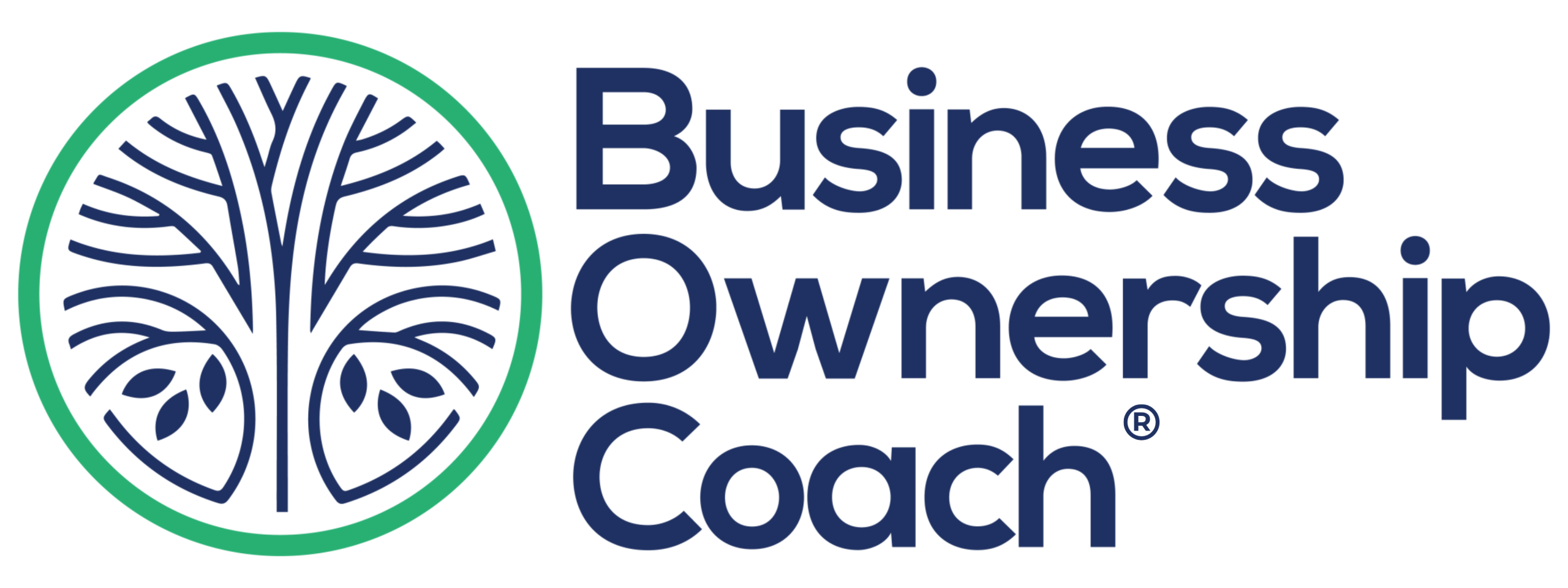I’m Beau Eckstein, and as a Business Ownership Coach | Investor Financing Podcast host I get this question a lot: with $80,000 in capital, should you buy a short-term rental or invest in a home service franchise? Both paths can generate strong cash flow, but they differ dramatically in financing, operational complexity, regulatory risk, and tax treatment. In this article I’ll walk you through the trade-offs, share real-world financing mechanics (including how SBA loans work for franchises), highlight tax considerations like cost segregation, and outline a pragmatic playbook so you can pick the option that aligns with your goals. As your Business Ownership Coach | Investor Financing Podcast guide, I’ll give you clear, actionable recommendations you can apply today.
Quick Summary: Cash Flow, Effort, and Risk
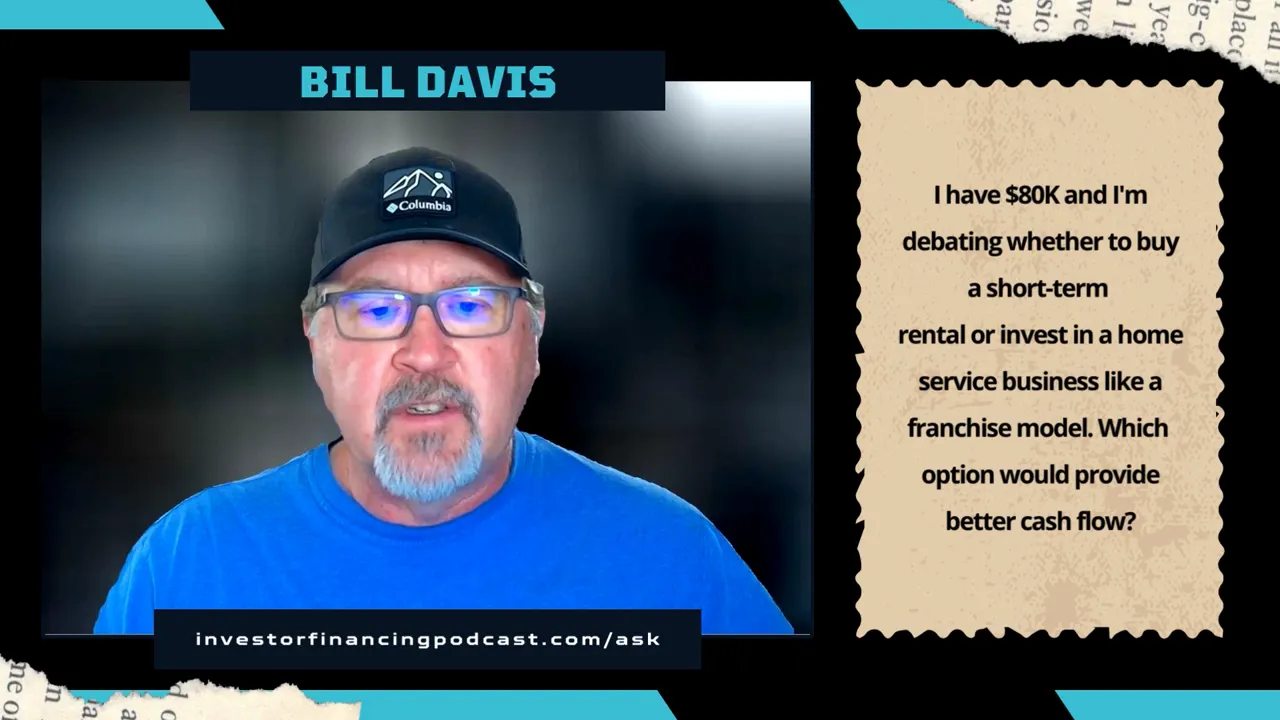
Short version: a short-term rental (STR) can provide attractive cash flow in the right market, but a home service franchise often offers higher immediate cash flow potential, particularly when financed with an SBA loan. The STR is simpler in structure—one property listed on a platform—yet it requires active operational attention (guest turnovers, maintenance, guest communications) and carries regulatory risk. A home service franchise is more operationally complex—teams, schedules, inventory—but can scale, benefit from business tax strategies, and be financed with high leverage. As a Business Ownership Coach | Investor Financing Podcast resource, I recommend evaluating both through the lenses of leverage, operational bandwidth, and regulatory exposure.
Cash Flow Comparison: Which Generates More?
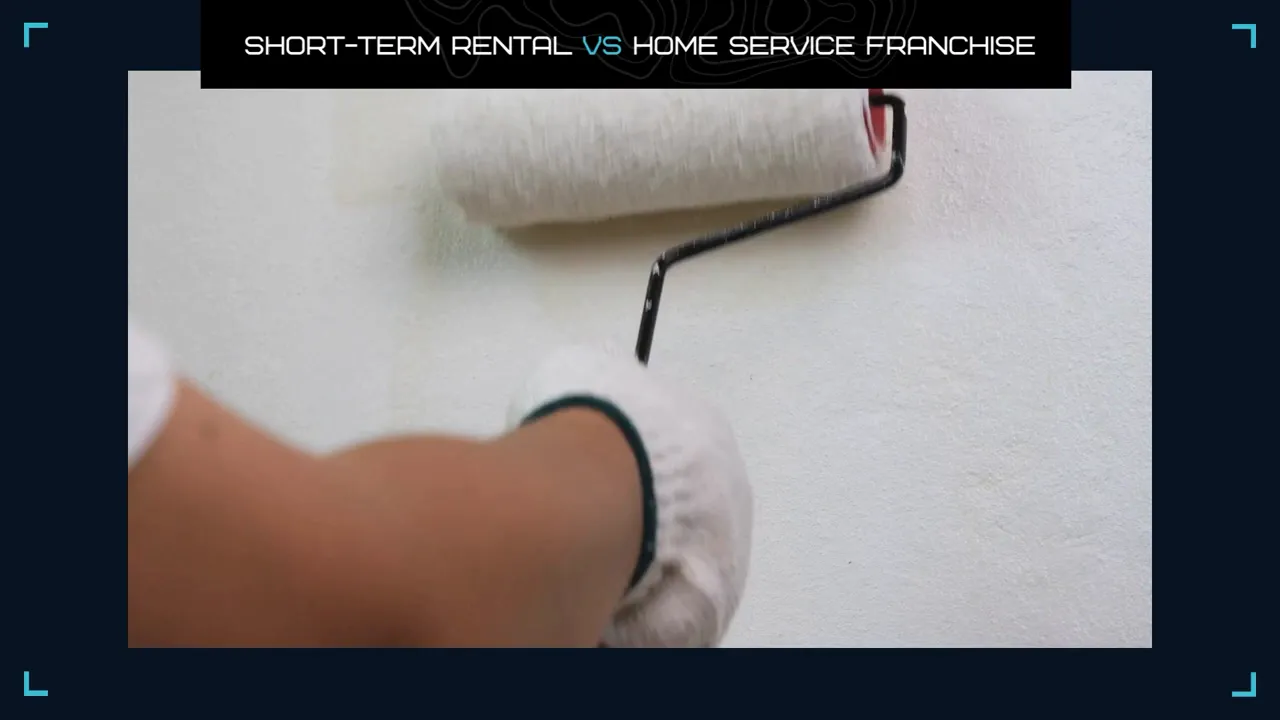
Short-term rentals can produce high gross revenue because nightly rates are typically higher than monthly rents on a per-night basis. However, STRs have variable occupancy, platform fees, higher turnover costs (cleaning, utilities, restocking), and more hands-on management than a long-term rental. If you operate multiple units or outsource professional management, STRs can become lucrative—but expect operational demands.
On the flip side, well-run home service franchises (plumbing, HVAC, cleaning, lawn care, etc.) often deliver steadier recurring revenue and can scale with additional teams or territories. In my experience helping buyers as a Business Ownership Coach | Investor Financing Podcast host, I’ve seen home service franchises achieving seven-figure revenues where owner cash flow, after payroll and operating expenses, can outperform a single STR—especially when the franchise is financed and scaled correctly.
Financing Options: Down Payments vs. SBA Loans
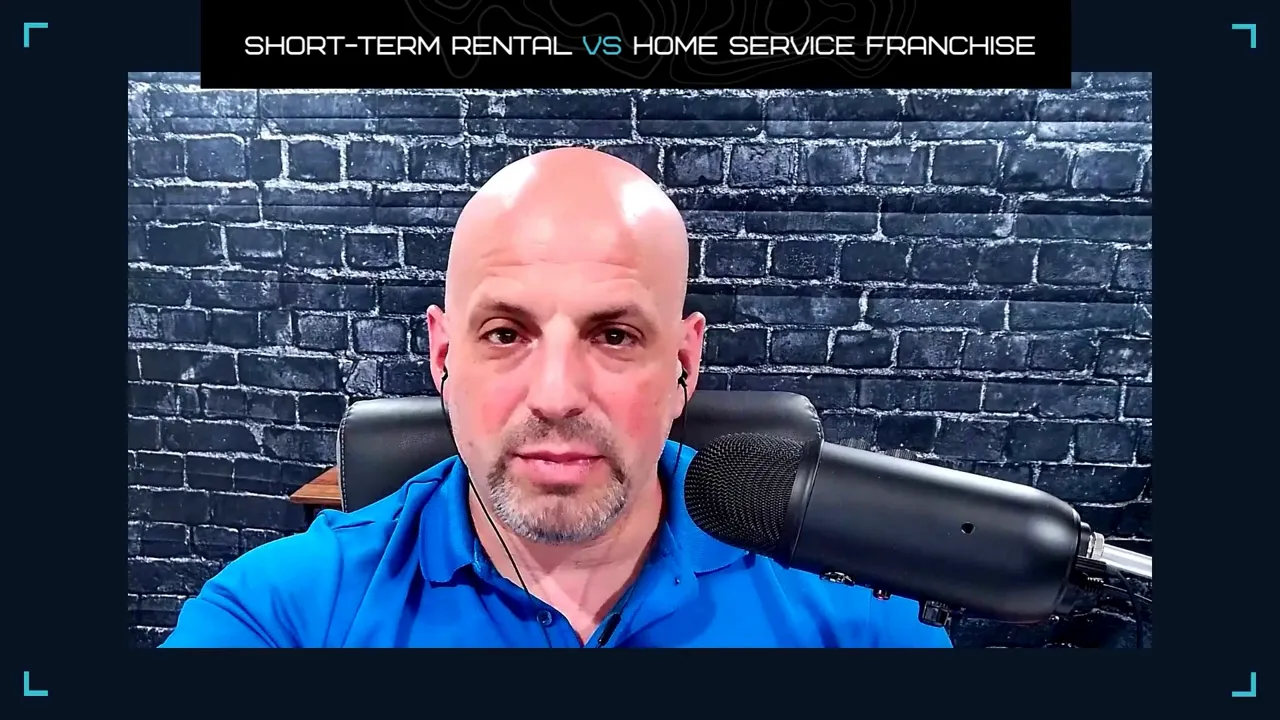
Here’s a critical practical difference: franchises can often be financed extensively through SBA loans, whereas purchasing an STR typically requires a substantial down payment.
- Franchise financing: Many home service franchise startups range between $100,000 and $250,000. With SBA financing you can often finance 80–90% of those startup costs, so an $80,000 cash position can go a long way toward securing and starting the business. That means you might not need to deploy the full $80K—leverage allows capital efficiency and preserves liquidity for operations and working capital.
- Short-term rental financing: Unless the property qualifies as a second home with favorable financing, you’re generally putting down 20–25% of the purchase price. On a $400,000 property, that’s $80K at 20%—which ties up all your capital into one asset. Financing for investment property can be more restrictive and typically carries higher rates and stricter underwriting.
From a leverage perspective, SBA-backed franchise financing usually gives you more buying power and preserves cash for growth. As a Business Ownership Coach | Investor Financing Podcast advisor, I often recommend leveraging SBA loans when the franchise unit economics make sense.

Photo by benjamin lehman on Unsplash
Operational Complexity: Hands-On vs. Hands-Off
Neither option is entirely passive. STRs require daily guest communications, quick resolution of issues, scheduling cleanings between stays, and ongoing property maintenance. If you hire a professional management company, your margins shrink but your time commitment decreases.
Home service franchises require building and managing teams, routing jobs, inventory procurement, quality control, and customer service. There are more moving parts, but there’s also more opportunity to systematize, hire managers, and scale territories. If your primary objective is to maximize cash flow and you are willing to accept operational complexity or hire operators, a franchise is often the stronger cash-producing asset.
Tax Incentives and Accounting Considerations
Taxes matter to cash flow. Businesses frequently offer richer tax planning opportunities than single-property investments. For example:
- Business deductions: Franchises can deduct wages, supplies, vehicle expenses, training, and many operating costs. Depreciation and Section 179 can accelerate deductions for equipment purchases.
- Cost segregation for STRs: Short-term rentals can benefit from cost segregation studies that accelerate depreciation on components of the property, increasing current-year deductions. That said, the tax benefits may still be less flexible than the deductions available for an actively operating business.
In short, both asset classes have tax advantages, but a home service business typically offers more immediate and ongoing deductible expenses that lower taxable income—assuming the business generates profit. When maximizing cash flow is the goal, tax planning aligned with aggressive business deductions can amplify after-tax cash flow.
Photo by Tierra Mallorca on Unsplash
Regulatory Risk: Local Ordinances and Market Volatility
One underappreciated risk with STRs is regulatory exposure. Cities periodically change zoning rules and short-term rental ordinances. A market that’s open today could impose strict licensing, caps, or bans tomorrow, significantly affecting revenue. That uncertainty should factor into your market selection and risk tolerance.
Home service franchises are typically less vulnerable to abrupt local bans (people will always need home repairs and maintenance), although they face their own regulatory and licensing requirements. Overall, if you’re concerned about policy risk, a business-based model tends to be more resilient.
The Ultimate Play: Build a Business, Then Buy Properties
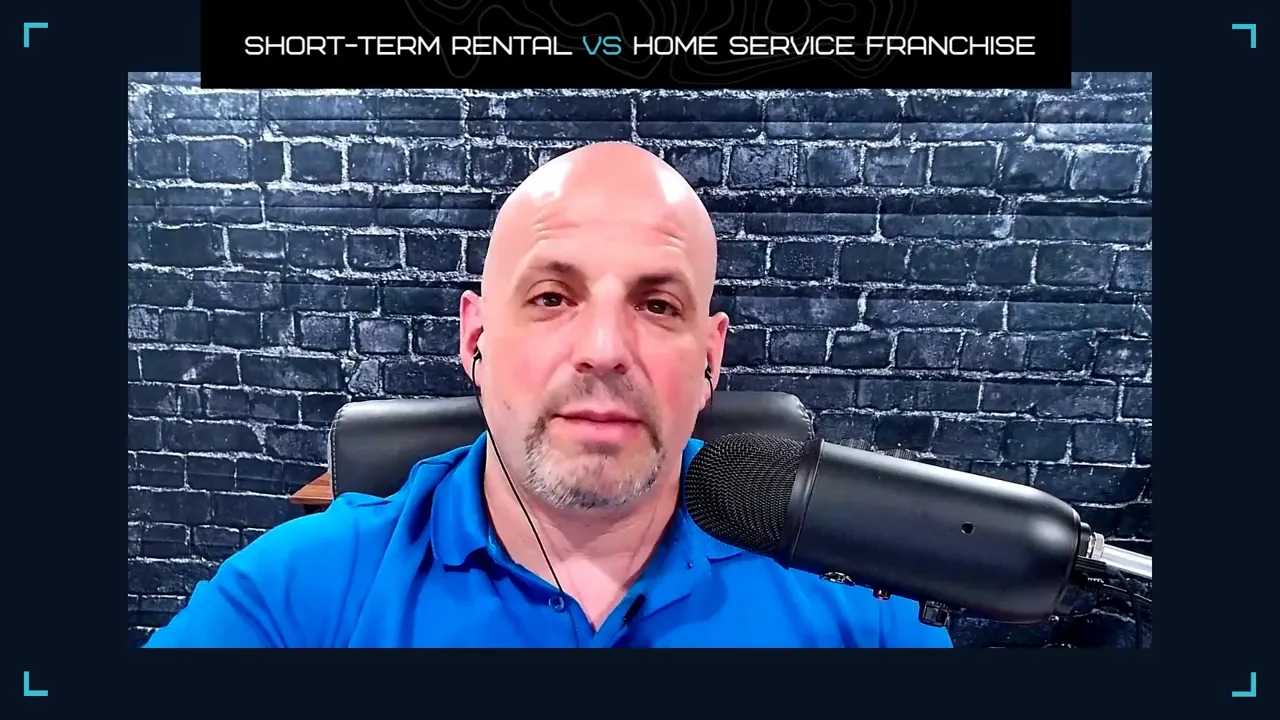
If the goal is maximum cash flow and longer-term wealth building, the best sequence I recommend is: acquire and scale a profitable home service franchise first, then deploy the business cash flow into short-term rentals or other real estate. Running a business gives you cash and access to financing options that make subsequent real estate purchases easier. That diversification hedges regulatory risk and balances operational footprints across asset classes.
From a capital allocation standpoint, use SBA leverage to minimize upfront equity in the business, preserve funds for working capital, then recycle profits into real estate. That approach is what I coach clients to pursue as a Business Ownership Coach | Investor Financing Podcast host when they want to maximize cash flow while building lasting assets.
Decision Framework: Which Should You Choose Today?
- Assess your risk tolerance: If you want easier operations and lower regulatory exposure, favor a business. If you prefer asset ownership and simpler single-asset management, STRs may appeal.
- Check financing options: If you can access SBA financing for a franchise, that leverage is powerful. If your $80K is going to be entirely consumed by a down payment on a property, consider whether that limits your ability to operate or grow.
- Consider your time and skill set: Do you enjoy building teams and systems or managing properties and hospitality? Play to your strengths—or plan to hire operators in the areas you’re weak.
- Plan for taxes and exit: Both paths have exits—sell the business, sell the property—but businesses often have more predictable multiples and buyer pools in franchising marketplaces.
Next Steps and Where to Get Help
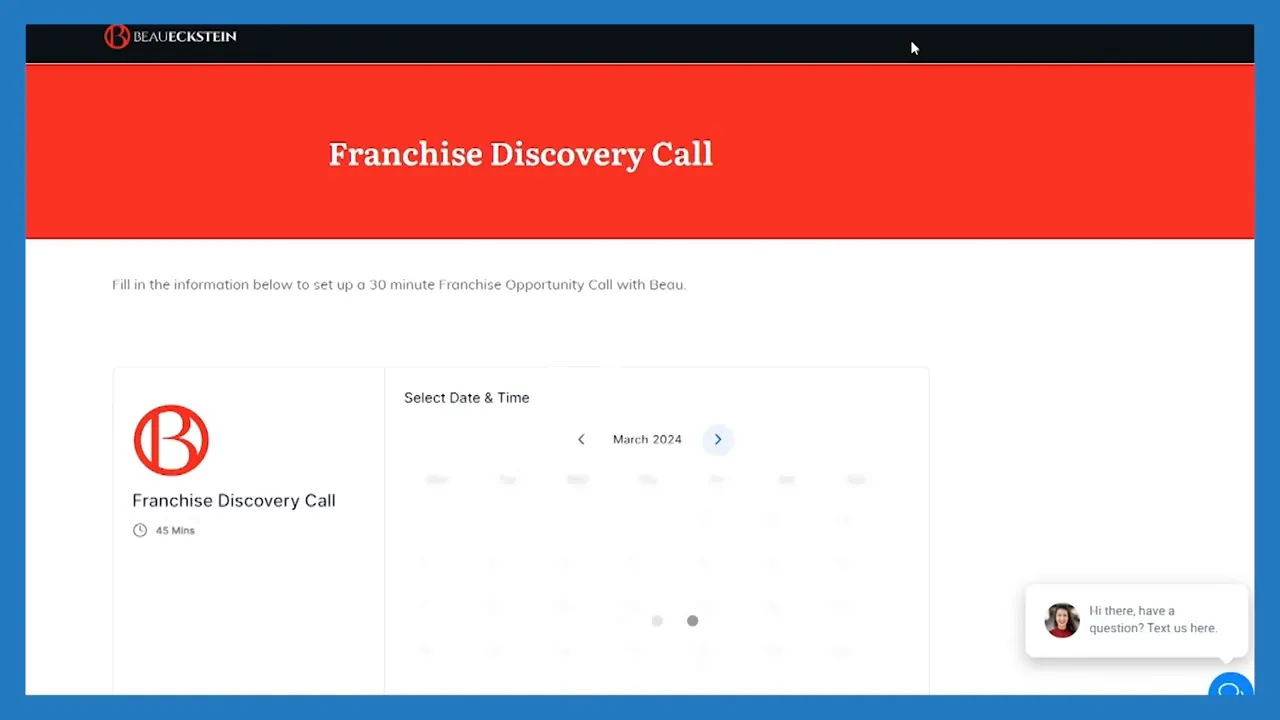
If you want to dive deeper, I’m available to walk through your financials, evaluate franchises that match your capital, and run cash flow models. Visit my booking page to schedule a call and I’ll help you design the optimal path from $80K to scalable cash flow. If you’re actively shopping for existing businesses or resale franchise units, marketplaces that list franchise resale inventory can be a great way to find deals where the unit economics are proven.
Conclusion: My Recommendation
Photo by Tierra Mallorca on Unsplash
With $80,000 and a primary objective of maximizing cash flow, my recommendation is to prioritize acquiring and scaling a home service franchise—especially when SBA financing can finance 80–90% of startup costs. That path typically delivers higher immediate cash flow, superior tax planning opportunities, and less vulnerability to abrupt regulatory changes. Once the business generates consistent profits, redeploy earnings into short-term rental properties to diversify and amplify passive income streams. As a Business Ownership Coach | Investor Financing Podcast mentor, I’ve seen this sequence produce sustainable wealth and strong cash-on-cash returns.
If you want help analyzing specific franchise opportunities or STR markets, book a call with me. I’ll help you run numbers, evaluate financing options, and map a personalized acquisition plan.
